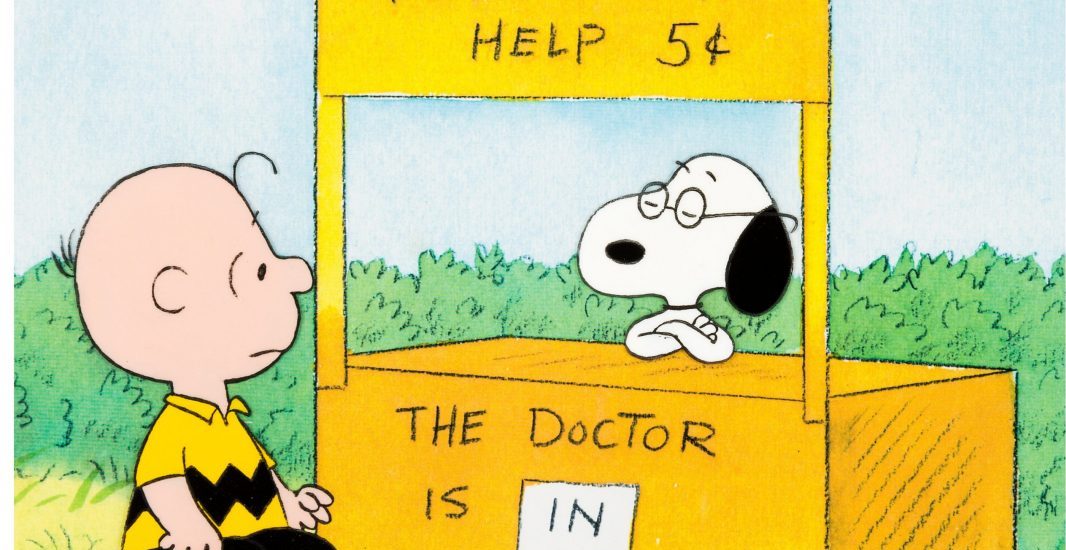When you live with Post Traumatic Stress Disorder it’s easy for others to think you’re being moody.
For a long time, in fact since I was a child, I’ve experienced what are commonly known as “flashbacks”. These flashbacks aren’t always what you’d expect. Thanks to an invaluable resource, that takes all our real experiences and dramatises them for our entertainment, the television, we’ve become accustomed to seeing life through an unhealthy film of unreality.
If you’ve ever watched a television drama you’ll know that a flashback sequence is like a clip from the past. Where the actual event is replayed word for word, experience for experience and in real time. This isn’t the case for me. And, for a long time I didn’t realise I was experiencing flashbacks. In fact, I just felt confused.
Flashbacks, like all memory related recollections don’t play like a clip from your favourite movie. They are a collage of sensory perceptions and emotional destabilisation laid across an everyday experience. Too wordy? Let me attempt to explain it better and in the context of what not to say to someone living with depression and anxiety.
Mr. Supercalifragilisticexpialidocious (his new name for himself!) has often been thrown into a state of confusion when I’ve moved from a state of relative calm and contentment into what appears to him as moody and cranky. These movements happen within moments and without notice. They’re unpredictable and frustrating and not just for him. So, it wasn’t uncommon for Mr. Supercalifragilisticexpialidocious to ask the question… “what’s wrong with you?”
Nothing, there’s nothing wrong with me that you haven’t lived with for the past 30 years. I do this just to throw you off kilter and upset your day! Don’t you know what’s wrong with me by now? Have you not heard a word I’ve said? Have you not been taking any notice of what I’ve been dealing with? Do you not know that when the sun gets to a certain point in the sky on a certain type of day that I am immediately repositioned?
“Nothing” I answered.
I can remember all the trauma I’ve experienced. (Not like a film clip.) I can talk about it. Analyse it. Justify it. And, otherwise maintain a detached distance from it. But, when the sun gets to a certain point in the sky on a certain type of day, I’m undone. When a particular style of music is played, I’m lost. When I walk inside my mother’s house (which becomes increasingly necessary now she’s less capable of getting out), I’m set adrift. Not by a series of memories, but by an unstoppable onslaught of emotions, that I cannot, no matter how much I talk, analyse or justify, stop from happening.
I want Mr. Supercalifragilisticexpialidocious to understand that I am not moody. I want him to hug me, kiss me and ask… “Have you had a bad day?” A question that doesn’t require me to articulate what’s happening. Something I can nod to and know he understands. I just need a little extra patience.
For me, these flash backs take me to a place of vulnerability and abandonment. For others, it can be about frustration and anger. Regardless of how flashbacks manifest, they add a whole new dimension to an otherwise normal life. Over time, we might become adept and hiding our discomfort or creating diversions, but what we’re looking for is a way to explain what’s happening and be understood.
For people dealing with trauma, our ‘normal’ is about dealing with unexpected feelings and confusion. Our usual world view has been distorted by incongruous experiences and a new normal has been physiologically programmed within us. Of course we learn to live with our symptoms and we hope and pray that those who love us learn to as well.
For those who have experienced trauma the world is not a safe place and never will be again. We are left with a inability to ignore the triggers that take an ordinary day and make it anything but! In Mr. Supercalifragilisticexpialidocious’ defence, it’s because he loves me unconditionally that I’m a lot less moody and a lot more grateful.
From Sharon Salzberg: Someone who has experienced trauma also has gifts to offer all of us – in their depth, their knowledge of our universal vulnerability, and their experience of the power of compassion.
If you need to talk to someone NOW call Lifeline on 13 11 14.

Deb Shugg is an awarded business woman, wife & mother, author and a sufferer of depression and anxiety.
If you need help to deal with your symptoms see your doctor.
(Abuse of another person is NEVER okay. If you are being abused or, if you are an abuser please seek help.)






Recent Comments